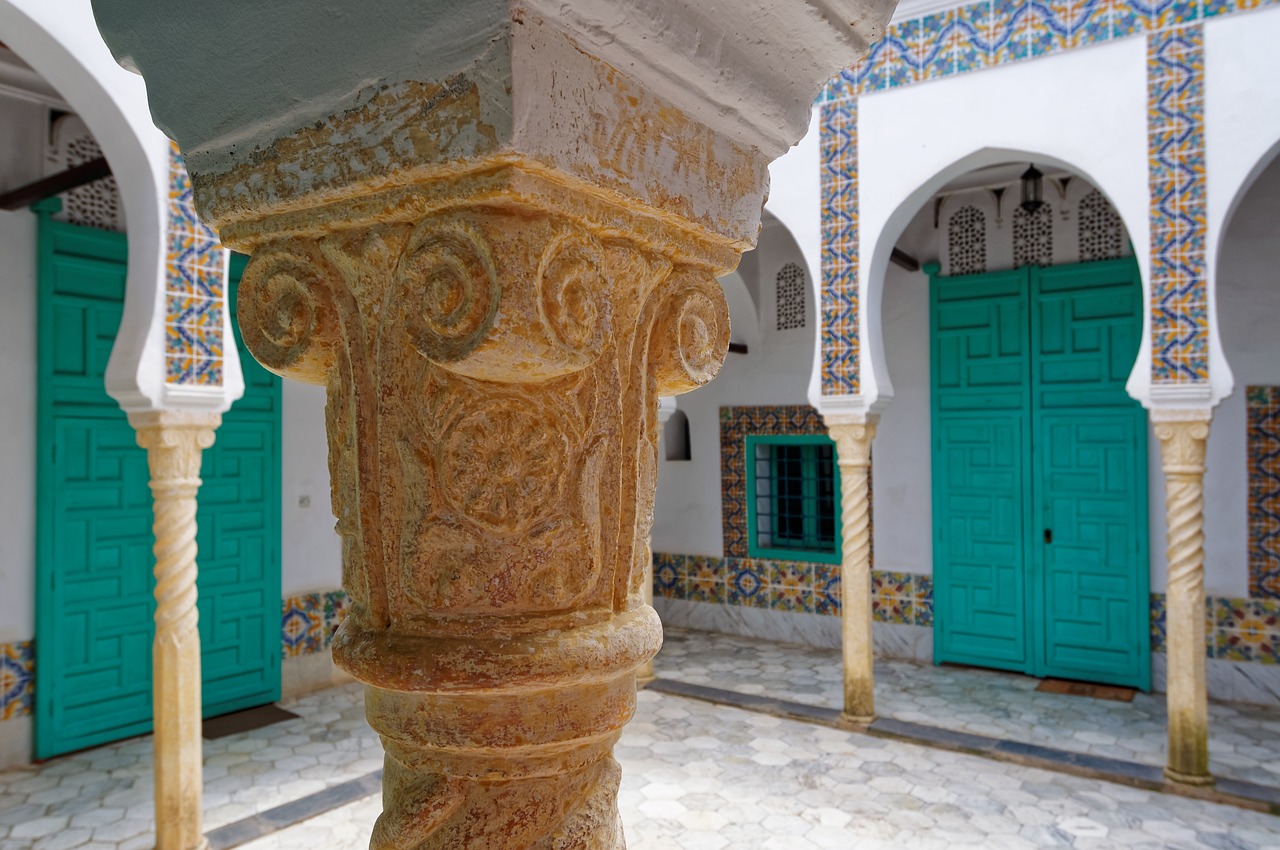Addis Ababa museums are a must-see for anyone interested in Ethiopian history and culture. The city has a variety of museums that showcase the rich history and diverse cultural heritage of Ethiopia. From ancient artifacts to contemporary art, these museums offer a glimpse into the country’s past and present. In this article, we will take a look at some of the most popular museums in Addis Ababa, and provide detailed information about the types of art and artifacts on display, special exhibitions, history and background, and availability of guided tours.
Ethiopian National Museum
The Ethiopian National Museum, also known as the “National Museum of Ethiopia,” is the oldest and most comprehensive museum in the country. It is located in the heart of Addis Ababa and is home to a wide range of artifacts and art from various historical periods.
The museum’s collection includes ancient manuscripts, traditional Ethiopian costumes, weapons, and jewelry, as well as a replica of the famous “Lucy” skeleton, an early human ancestor who lived around 3.2 million years ago. Visitors can also see a replica of the Axum Obelisk, which is a 1,700-year-old granite monolith that was returned to Ethiopia from Italy in 2005.
The museum also has a special exhibition that features the famous “The Ark of the Covenant,” which is a replica of the original Ark of the Covenant that is said to have been built by Moses and his followers. The exhibition provides information on the history, significance, and legends surrounding the Ark of the Covenant.
Guided tours are available in English and other languages, and they are a great way to learn more about the museum’s collection and the history of Ethiopia.
Ethiopian Railway Museum
The Ethiopian Railway Museum is located in Addis Ababa and is dedicated to preserving the history of Ethiopia’s railway system. The museum is home to a collection of railway equipment and artifacts, including locomotives, passenger cars, and freight cars.
The museum’s collection includes a variety of steam and diesel locomotives, as well as a number of passenger cars and freight cars that were used on the railway system. Visitors can also see old photographs and other artifacts that provide a glimpse into the history of Ethiopia’s railway system.
The museum also has a restored railway station that visitors can explore, as well as a display of railway equipment that was used for the construction of the railway system. Guided tours are available and are a great way to learn more about the history of Ethiopia’s railway system.
Ethiopian Ethnological Museum
The Ethiopian Ethnological Museum is located in Addis Ababa and is dedicated to showcasing the rich cultural heritage of Ethiopia’s various ethnic groups. The museum’s collection includes a wide range of artifacts, including traditional clothing, jewelry, weapons, and household items.
Visitors can see a variety of traditional Ethiopian costumes, including the famous “Gabi,” which is a traditional cloak worn by men in many parts of Ethiopia. The museum also has a collection of traditional jewelry, weapons, and household items that provide a glimpse into the daily lives of Ethiopia’s various ethnic groups.
The museum also has a special exhibition that features the “Mursi,” an ethnic group known for their lip plates, as well as a display of traditional agricultural tools. Guided tours are available in English and other languages, and they are a great way to learn more about the cultural heritage of Ethiopia’s ethnic groups.
Addis Ababa Museum
The Addis Ababa Museum is located in the city center and is dedicated topreserving the history and culture of Addis Ababa. The museum’s collection includes a wide range of artifacts and art from the city’s past and present, including traditional clothing, jewelry, weapons, and household items.
Visitors can see a variety of traditional Ethiopian costumes and jewelry, as well as a collection of weapons and household items that provide a glimpse into the daily lives of the people of Addis Ababa. The museum also has a special exhibition that features the history of the city, including its founding by Emperor Menelik II in 1887 and its role as the capital of Ethiopia.
The museum also has a display of contemporary art that showcases the work of local artists. Guided tours are available in English and other languages, and they are a great way to learn more about the history and culture of Addis Ababa.
In conclusion, Addis Ababa’s museums offer a unique and fascinating look into the history and culture of Ethiopia. From ancient artifacts to contemporary art, these museums provide visitors with a glimpse into the country’s past and present. With a variety of museums to choose from, visitors are sure to find something that interests them. Whether you’re interested in ancient history, traditional culture, or contemporary art, there’s a museum in Addis Ababa that will have something for you.



